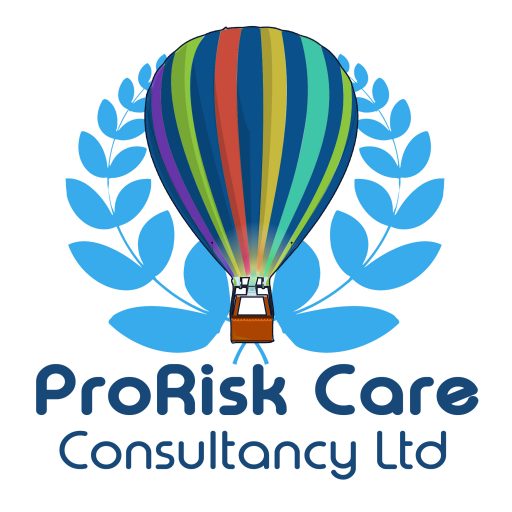At least three million people are affected by malnutrition in the UK, with 35% of individuals admitted to care homes being affected. Malnutrition and dehydration can cause illnesses as well as hinder recovery, yet this often goes unrecognised.
In line with the Health and Social Care Act 2008 (Regulated Activities) Regulation 14, and the National Institute for Health and Care Excellence (NICE) Nutritional Support in Adults (QS24), the Care Quality Commission (CQC) ensures that adequate food and drink provision is evident during inspections. This is outlined in Outcome 5: Meeting nutritional needs, and is one of the core 16 quality and safety standards.
This year, the National Association of Care Catering (NACC) has launched a new document that provides guidance and best practice examples in line with the CQC’s fundamental standards, in order to support caterers in the care sector in achieving high standards of nutrition and hydration. They provide guidance documents tailored for domiciliary care, reablement, and residential and nursing care, including nutritional screening documents and advice for healthier eating or fortified foods. To ensure that providers are aware of CQC expectations and can fully comprehend their reports, the NACC also provides a clear glossary of jargon terms.
“Every service user has a right to receive good food and drink that reflects their individual nutritional, cultural, physical and emotional needs. As the association representing care caterers in the UK, it is our duty to support the sector with the resources, such as this document, to do this.”
Neel Radia, the NACC’s national chair
The NACC provides invaluable templates in line with the CQC’s Key Lines of Enquiry, where providers can clearly record evidence and examples of compliance. As well as guiding a provider’s delivery of service, this document can be shown to inspectors, ensuring that a high-quality service is recognised and fairly judged. The NACC also provide action plans and monitoring charts to ensure the nutritional needs of individuals are acknowledged, met and routinely monitored.
The guidance offered by the NACC is invaluable to service providers. It facilitates the implementation of positive change towards improving standards in care and ensuring that all individuals have vital access to adequate nutrition and hydration. It ensures that nutritional well-being is embedded in the delivery of a high-quality service and that service users are treated in a person-centred and dignified manner.
To find out more, or to order your guidance document, visit www.thenacc.co.uk or call 0870 748 0180.
